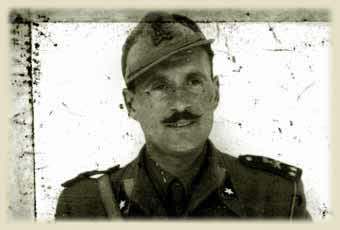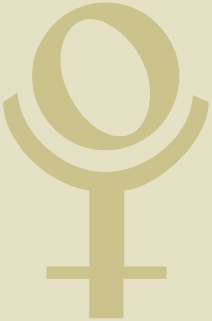

Pietro De Mezzo
The extraordinary story of Pietro De Mezzo
Born in Majano in 1910, he was educated by his father both as his
school studies and work are concerned. His father, was a strenuous
and brilliant Friulian man who had emigrated to Romania, and had
there excelled thanks to his qualities of building manufacturer,
gaining also success in the economy. Once back in his homeland he
established two industries respectively: brickworks and liqueur
distillery at Majano and Tarcento.
Pietro De Mezzo, graduated in Economics at the University of Triest,
and entered at a very young age his father's industries, to which
he dedicated his intelligent and precious work, this becoming, at
his father's death, the natural and competent successor.
An Artillery Officer, he was recalled for service at the outbreak
of war, and subsequently sent to northern Africa in the most heated
zone where he took part with the Trento and Triest Division as well
as with the Divisione Folgore to the fights in El Alamein.
Thanks to his courage he was decorated with the German military
cross by General Rommel himself and with the Italian medal for military
valour.
As soon as he came back to his fatherland, he was captured by the
Germans, was sent to several concentration camps - Meppen, Versen,
Przemysl, Hammerstein -, and it was here that Piero De Mezzo gave
proof of his civil and military virtues.
His fellow mates, many of which were Friulian like himself, began
to value him for his strength of mind, his faith and his absolute
commitment to noble ideals. So they loved him, their fellow sufferer,
an example for all of a strong faith in those moral values that
he defended with dignity and indifference to danger.
It may be reminded that in his group of 120 prisoners, 119 refused
to submit to the flattery of the Germans who pressed them to accept
entering the ranks, which would then fight against the Italian brothers.
On top of this, he was brought to Italy by two German armed guards,
together with his co-prisoner brother Alberto. He was offered freedom
if he would accept engaging in counter-espionage. He disdainfully
refused the proposal and entered the concentration camp of Hammerstein,
where finally after two years his suffering stopped when he was
freed and war came to an end.
Once back to Italy, he resumed his task as manufacturer with great
commitment, and managed to repair the damages in the Majano and
Tarcento factories caused by war, thanks to his constant, tenacious
and intelligent work.
